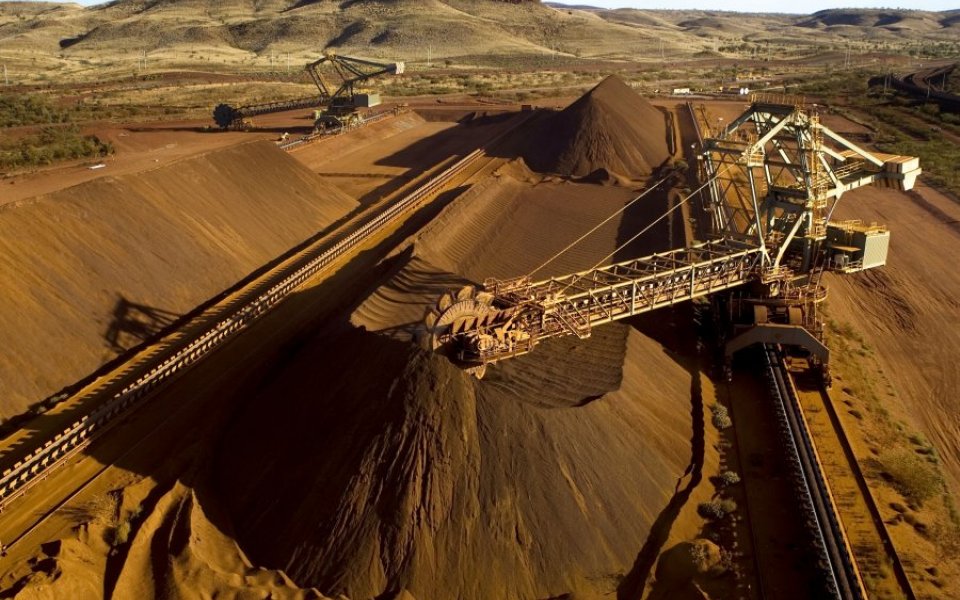Wall Street sinks and FTSE 100 index closes below 6,000 after another turbulent day in China

The Dow Jones recorded its worst four-day start to a year on record, following another day of turmoil in China, which also left the S&P 500 on track for its worst start to a year since 1928.
The Dow Jones industrial average fell 2.32 percent, to 16,514.1, the S&P 500 dropped 2.37 per cent, and the Nasdaq lost 3.03 per cent.
The dollar fell one per cent against a basket of currencies, losing 1.5 per cent to $1.0937 against the euro and 0.8 per cent to the yen at 117.48, and the benchmark US Treasury yield fell to its lowest since October last year.
Meanwhile, the FTSE 100 index closed sharply lower today, as miners, oil companies and companies with large operations in Asia dropped.
A so-called circuit-breaker was triggered for a second time on Chinese markets after less than half an hour (870 seconds, to be precise) of trading today, after China accelerated the depreciation of the renminbi.
That caused the index to fall 1.96 per cent to 5,954 points, pushed down by Anglo American, Glencore and BHP Billiton.
"Once more the FTSE 100 has dropped below the 6,000 level and looks set to retest its December lows on a combination of concerns about slowing global growth and weakness in the Chinese economy," said Michael Hewson, chief markets analyst at CMC Markets.
Read more: M&S boss Bolland out as trading slumps again
Anglo American fell 11 per cent to 240.65p per share, while Glencore fell 8.32 per cent to 78.71p per share. BHP Billiton and Antofagasta dropped 5.03 per cent to 673.7p per share and 5.33 per cent down to 410.6p per share respectively.
Earlier this week a private survey showed Chinese service sector activity having expanded at its slowest rate in 17 months in December, causing global shares to fall.
“Global equity markets are now battling the third wave of deflation since 2008. The epicentre is not within the developed world nor the financial system but, this time, within the developing world and the global manufacturing sector, where capital allocation has been poor and where overcapacity is rife," Dominic Rossi, global CIO for equities at Fidelity International, said.
“A crisis in emerging currency markets has been flagging these problems for 18 months. The catalyst, now, is the Chinese yuan which is working through a necessary readjustment. A lower yuan will further deflate the demand for commodities and traded goods generally," he added. "A further downside adjustment to potential world output is now unavoidable."
Companies with operations in Asia continued to make losses. Aberdeen Asset Management fell 7.78 per cent to 249p per share, while Standard Chartered was 1.9 per cent lower at 505.8p per share and Burberry dropped 1.82 per cent to 1,078p per share.
"The transition of Burberry's equity story towards a more moderate top line growth profile … has been tricky due to a deteriorating external environment and the brand's above sector-average exposure to slowing Chinese consumer demand," RBC analysts said in a note.
Read more: Chinese stock markets have been suspended – again
Oil companies also took a hit after the price of Brent crude oil slid below $33. BG Group was 1.94 per cent lower at 936.9p per share, while Royal Dutch Shell fell 2.79 per cent to 1,462p per share. BP's share price fell 1.67 per cent to 337.7p per share.
"Oil, falling to levels last seen in 2003 seems unwilling to bottom out and this is naturally dragging the likes of BG Group and Shell lower," said Brenda Kelly, head analyst at London Capital Group. "The options market in oil is busy as traders appear to be preparing for ever lower prices from here. The cut in global growth forecasts by the World Bank is certainly not a positive for oil demand and the supply glut shows no signs of bullishness for the price either."
Meanwhile, Marks & Spencer's share price fluctuated during the day after revealing chief executive Marc Bolland is leaving the company after yet another period of poor performance. The company's share price closed 0.11 per cent up at 439.2p.